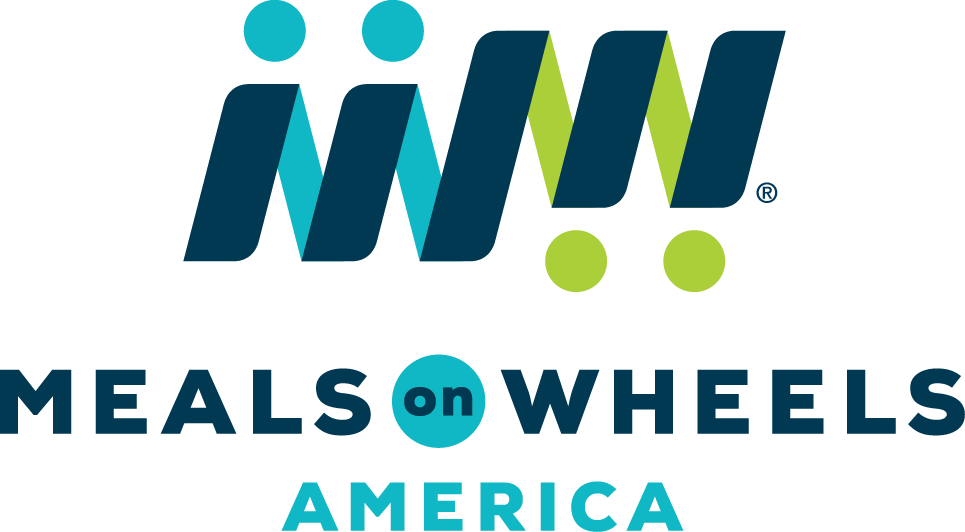There is growing recognition that social factors can exacerbate health issues and impact health outcomes, leading to dramatically increased costs associated with healthcare utilization. As a result, the U.S. healthcare system is increasingly embracing the importance of identifying and acting on the social determinants of health (SDOH) – the social, economic and environmental factors that impact an individual’s health and well-being. Vulnerable populations such as older adults often have unmet social needs including housing, transportation, and access to healthy foods and in-home non-medical support. Meals on Wheels programs are well-positioned to improve the health, safety and well-being of their clients by identifying and addressing SDOH because of their close connection with the older adults they serve and familiarity with the environments in which they live.
The unique capabilities of Meals on Wheels programs and the growing need to address SDOH led to the establishment of a unique partnership in 2016 between Meals on Wheels America, Brown University Center for Gerontology and Healthcare Research, and the Gary and Mary West Health Institute to develop and test an enhanced meal-delivery service model that includes change of condition monitoring conducted by Meals on Wheels drivers and care navigation support provided by designated care coordinators. The multi-year research study entitled More Than a Meal Process Evaluation (A Standardized Approach to Identify and Address Unmet Needs Among Clients) substantiated the importance of identifying and addressing SDOH.
Leveraging learnings from the More Than a Meal Process Evaluation, Meals on Wheels America and the Gary and Mary West Health Institute have partnered in a second research study entitled More Than a Meal Process Expansion to engage a two-pronged approach to test and scale the Core Client Change of Condition protocol across approximately 60 Meals on Wheels programs. A cohort of 10 programs have been selected to implement and adopt the Core Client Change of Condition Protocol and participate in a national learning collaborative. Meals on Wheels programs participating in the learning collaborative will benefit from the opportunity to engage with a local healthcare advisor, exchange ideas with peers, share promising practices and collectively address and resolve challenges faced when implementing the protocol in their respective programs and communities. In addition, up to 25 more Meals on Wheels programs will be supported through mentorship from national learning collaborative participants, training and technical assistance at regional and state conferences where possible to leverage Member program geographies, the Meals on Wheels Annual Conference & Expo, and a variety of virtual training modalities to adopt the protocol.
In collaboration with the Gary and Mary West Health Institute, Meals on Wheels America is working with Accessible Solutions, Inc. to build a national data repository and accompanying dashboards to allow data collected from Meals on Wheels programs to be easily organized and interpreted to monitor and identify trends in client health, safety and well-being, and care coordination outcomes. New, robust data tools will also allow programs to collect and track data for the analysis of their performance and quality assurance metrics across the breadth of data collected. By contemporizing their information technology infrastructure and data reporting capabilities through this project, Meals on Wheels America will provide their Member programs the data they need to establish a business case to secure contractual partnerships with healthcare providers and third-party payers to support the health of older adults they jointly serve through enhanced meal-delivery services.

